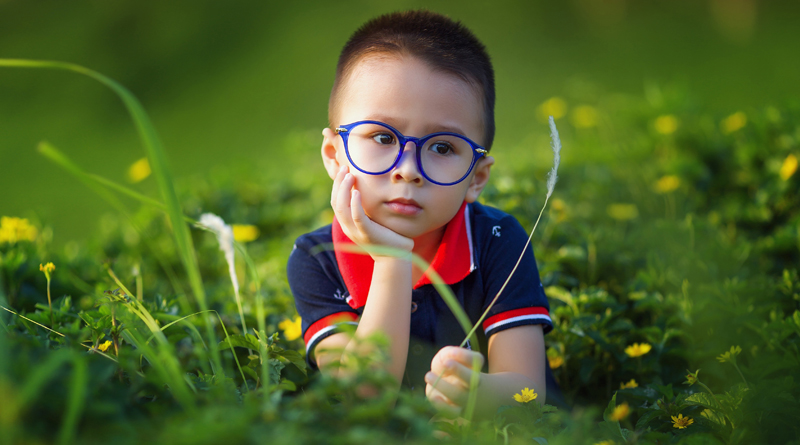
COVID’s Effects on Teenage Anxiety: My Personal Struggle
By Angelina Vinci
The Pandemic + Anxiety
Many people overlook the effects that the COVID-19 pandemic has had on mental health. With the long span of isolation faced by the entire world, mental health intensified significantly. It makes sense that anxious feelings exploded during this time of isolation, but the reality of the situation is worse than we had imagined.
There were multiple factors that led to anxiety during the pandemic. Having such a sudden change in our everyday world, we had to live our lives in a totally different way. With an inability to attend work and school, or simply just spend time with family, many people felt lonely. In addition, anxiety felt for the health and safety of loved ones also grew dramatically. As the world slowly began to return back to a new normal, these setbacks still left great impacts on the mental well-being of thousands of people.
My Own Experience
Before the pandemic, I had always struggled with anxiety. Whether sharing my opinion or giving a presentation, I was always a person who felt deep anxiety and insomnia the night before the event. The COVID-19 pandemic extremely worsened my state of being, to the point where it was affecting my social development. During this period of isolation, I was not able to connect with my friends on a social level like I normally would. Before the pandemic, a typical school day would involve talking with my friends in the hall and attending club activities. Because these daily interactions were put on hold, it was very difficult to transition to a remote lifestyle.
Life in isolation felt like the same routine each day: wake up, log onto zoom for online school, watch tv, go to bed, repeat. Because I had been secluded from people my own age for such a long time, I found great difficulty in starting and maintaining conversations.
I really noticed the increased prevalence of my anxiety when schools reopened and I had to embrace life in a post-COVID world. Because the pandemic happened during my freshman year of high school, I unfortunately had to miss out on so many typical social events that a teenager experiences. Because I had trouble opening myself up to new people, I would constantly turn down invites because I had very little confidence and severe social anxiety. I drifted away from most of my friends and felt very lonely. Even the smallest conversations and experiences would cause me to overthink. I was constantly negative and always made the worst out of any situation. In addition, I had little motivation to even just get out of bed and get ready for the day. Not only was I struggling mentally, but I also had physical symptoms from my anxiety. I frequently suffered with migraines, nausea, no appetite, and vomiting. I had to see a neurologist who helped me discover that my anxiety was causing these symptoms. I did not think I would be able to get past this point in my life as it was very challenging for me.
What I’ve Learned Since
I’ve been able to grow past this hardship and have learned many ways to help my overall mental state. I’ve turned towards meditation and breathing exercises to keep me relaxed during these anxious moments. In the past, I always overlooked the impacts that breathing can have on my well-being. I now also exercise frequently, as it is a proven way to calm down the body and mind. As a result of these drastic changes, I have learned to turn my negative thoughts and experiences into positive and have instead used these experiences to strengthen me. Aside from my mental well-being, my physical well-being has grown. I no longer struggle with frequent migraines or constant body tension.
Now that my senior year of high school has begun, I can confidently say that I’ve learned to control my anxiety. I am finally truly living. Not only do I say yes to plans, but I also look forward to them. I don’t hold back from doing the things I enjoy. I found myself anxious over the simplest things that now, as I look back, truly did not matter at all. Although my struggle with anxiety has caused me great pain, it has also shaped me into the woman I have become today. Currently, my anxiety is one of my greatest motivators! My past self would have been distraught over the idea of college and starting a new chapter in my life, but as I now approach my last few months of high school, I’m intrigued to discover what lies ahead for me. I can’t wait to see what the future holds. When I look back today, I’m happy I crossed paths with anxiety. After learning more about my own mental health, I plan to help others in the future who are struggling with their emotions. To anyone who is dealing with anxiety, just know that it can and will get better. I know how it may feel, but trust me, you’re doing just fine!

Angelina Vinci is currently a senior in high school at Immaculate Heart Academy in Washington Twp NJ. She plans to study psychology in the future and hopes to be a counselor for children struggling with mental health issues.




